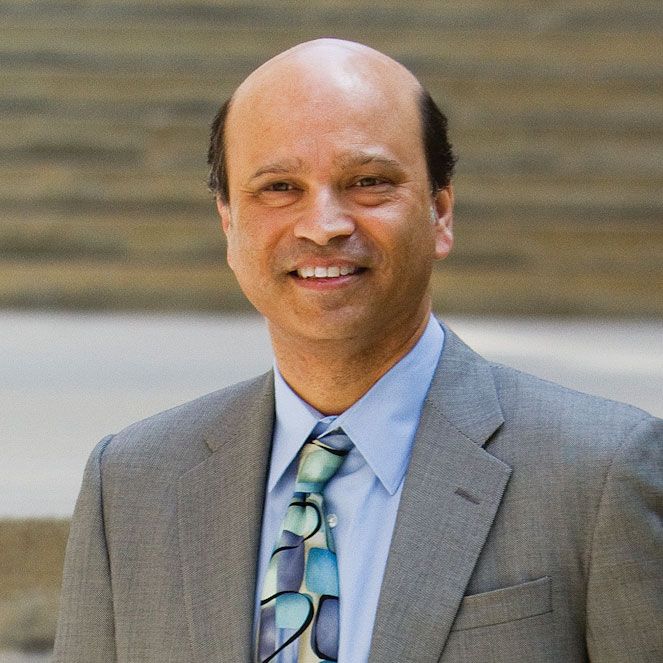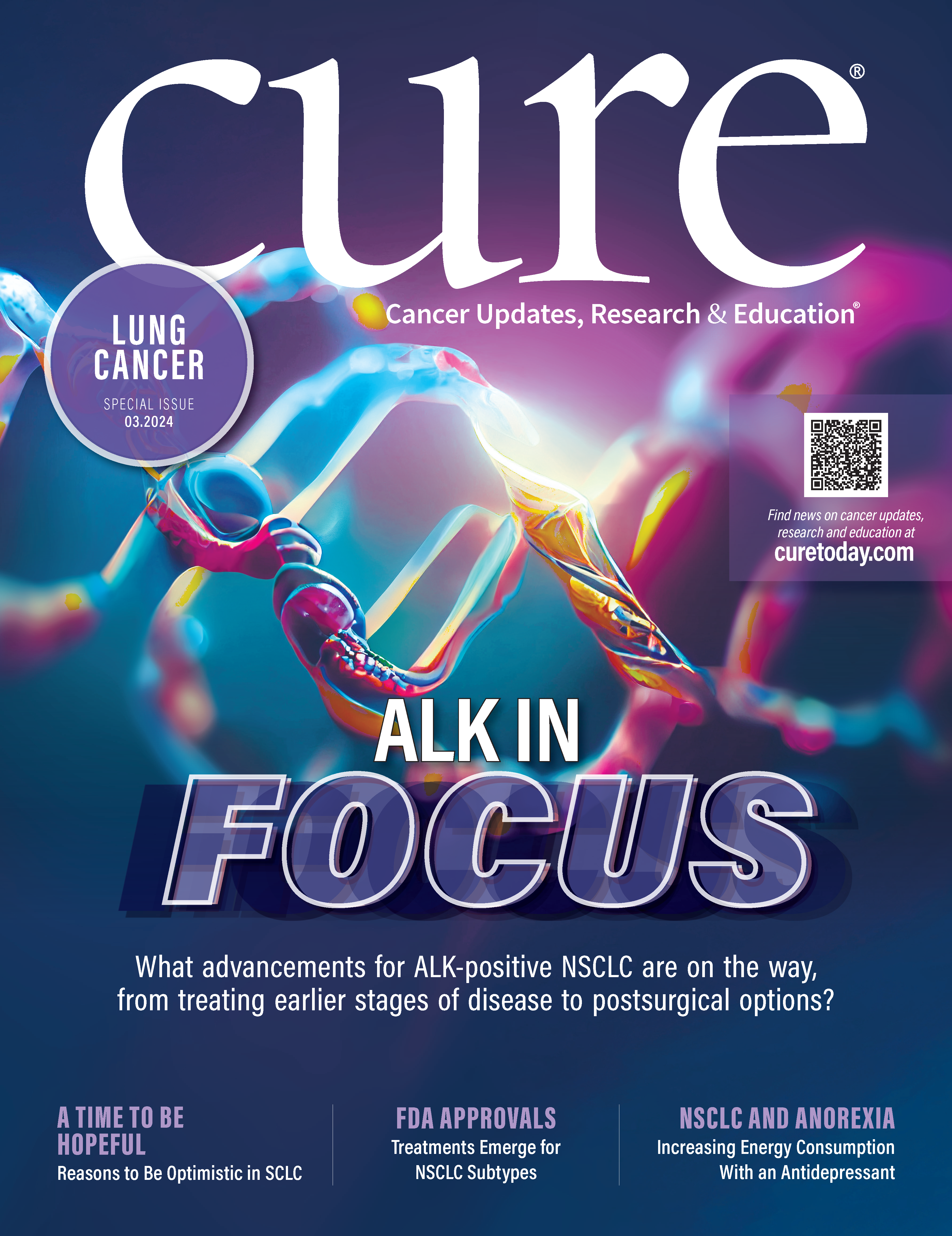Targeting ALK-Positive NSCLC
This special issue of CURE Lung Cancer takes a deeper dive into ALK-positive non-small cell lung cancer.

In this special issue of CURE, we examine some of the latest developments in the treatment of ALK-positive non-small cell lung cancer (NSCLC). This subtype of lung cancer, representing about 5% of NSCLC diagnoses, is characterized by a fusion of the anaplastic lymphoma kinase, or ALK gene, and has seen impressive advancements in recent years. Since the protein encoded by the ALK fusion gene is unique to the cancer cells, it can be targeted specifically with drugs that inhibit its enzymatic activity.
There are approximately 10,000 new cases of ALK-positive NSCLC each year, with an average survival of seven years and approximately 70,0000 patients with the disease currently living in the United States. And, there are between 90 and 100 clinical trials in the United States and the European Union allowing patients with ALK-positive NSCLC, Dr. Ken Culver, director of research and clinical affairs for ALK Positive, tells CURE.
Alecensa (alectinib) was initially approved by the Food and Drug Administration in 2015 for the treatment of ALK-positive NSCLC that had metastasized, or spread to other areas of the body, and progressed on targeted therapy Xalkori (crizotinib). Findings from the phase 3 ALINA trial have shown that treatment with Alecensa reduced the risk of death or disease recurrence by 76% when compared with platinum-based chemotherapy in patients with stage 1B to 3A ALK-positive NSCLC.
More CURE® coverage of ALK-positive NSCLC:
- Phase 2 Trial Assessing Novel TKI Begins in ALK-Positive NSCLC, Solid Tumors
- FDA Grants Priority Review for Alecensa in Some ALK-Positive NSCLC
- Iruplinkalkib Reduced Risk of Progression, Death in ALK-Positive NSCLC
- Alecensa Reduces Recurrence, Mortality Risk in Lung Cancer Subset
Other research has demonstrated a postsurgical benefit from Xalkori-based therapy among patients with operable disease, with authors of one retrospective study writing that their findings “confirmed the effective and feasible therapeutic approach of postoperative targeted therapy” for patients with ALK-positive NSCLC. Researchers are also calling for therapies to become even more specific in order to target subtypes of ALK-positive NSCLC.
“Finding those differences and leveraging the advantage is really key to the future,” says Dr. Stephen Liu of Georgetown University's Lombardi Comprehensive Cancer Center.
With advancements in ALK-targeting treatments making waves in the oncology world, patients are experiencing extended survival and improved outcomes. Research continues to propel progress forward, with ongoing clinical trials and novel treatments on the horizon.
READ FEATURE: ALK-Positive Lung Cancer in Focus
As we navigate the complexities of cancer treatment and care, it is essential to recognize the integral role of research and innovation in driving progress. The field of oncology continually witnesses rapid evolution, offering new avenues of hope for patients and their loved ones. While challenges persist, so do creativity and the next generations of clinical trials and ultimately more successful options for patients.
DEBU TRIPATHY, M.D.
EDITOR-IN-CHIEF
Professor of Medicine Chair, Department of Breast Medical Oncology
The University of Texas MD Anderson Cancer Center
For more news on cancer updates, research and education, don’t forget to subscribe to CURE®’s newsletters here.
